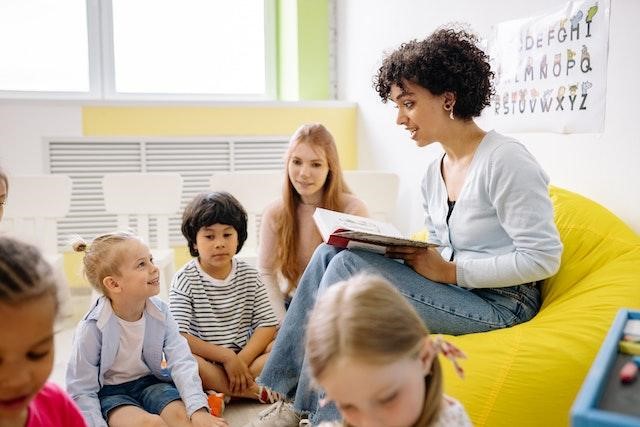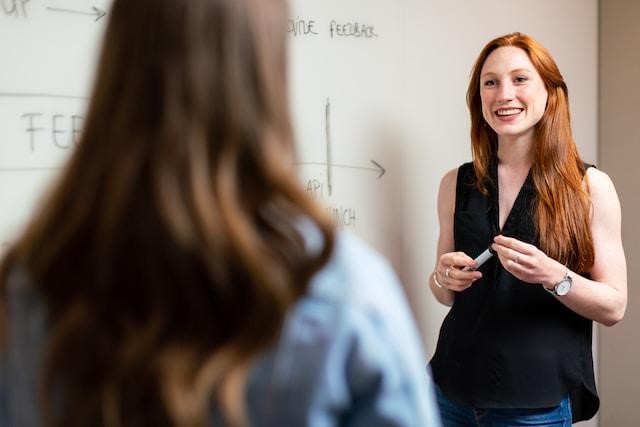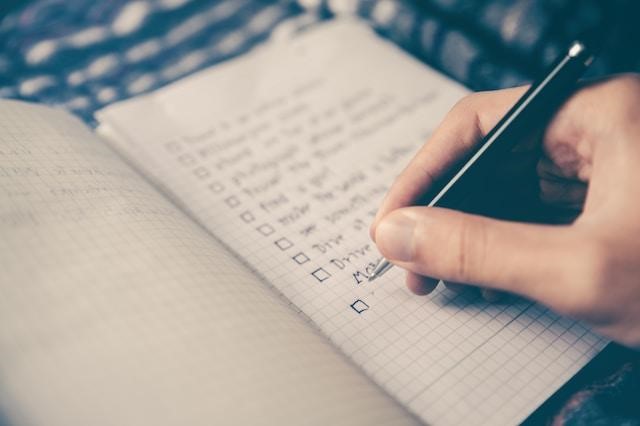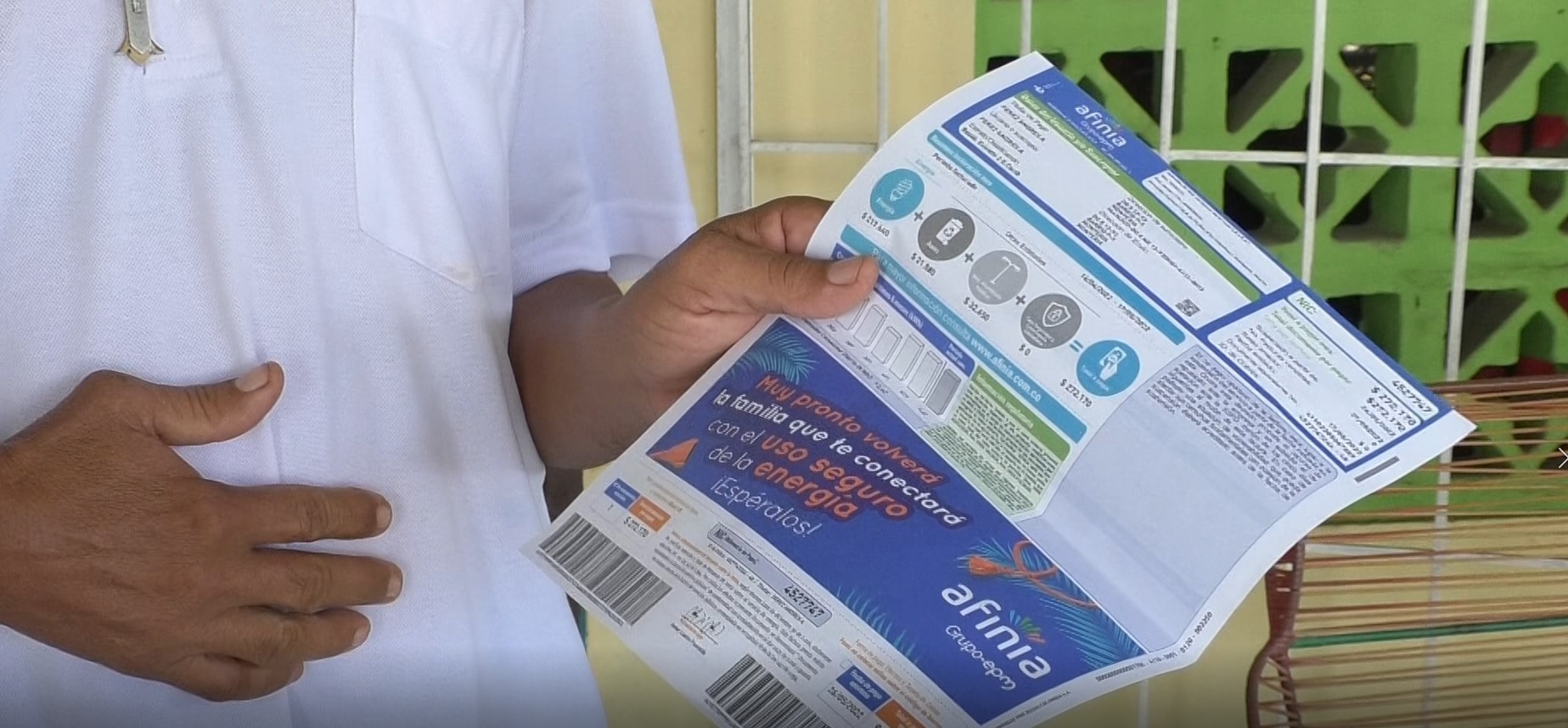School or guidance counselors play a significant role in your child’s school life. Although most parents assume that a school guidance counselor’s primary role is providing one-on-one sessions to students facing challenges, that is a secondary role.
While a guidance counselor’s role may vary across different schools based on student needs and state requirements, their primary role is as educators. They facilitate positive behavior, independence, and overall development among students by offering them insights into social, psychological, and emotional matters.
However, a guidance counselor’s role in facilitating timely interventions for students facing challenges is only effective when they collaborate with parents via activities like counselor-led parents’ nights. Below are crucial lessons parents can learn about counseling from such events.
1. Lessons Addressing Social And Emotional Issues
The American School Counselor Association (ASCA) prioritizes social and emotional development among student standards. Student standards are mindsets, behaviors, and attitudes that prepare learners for life beyond school.
Therefore, subject matters on social and emotional issues should feature in ASCA-compliant counseling lesson plan. Moreover, school counselors can break down the lesson plans on the subject matter into tiers, from classroom instructional material to group discussions and one-on-one sessions. Such a multi-tier system helps students and parents understand and implement the content in real-life situations.
The social and emotional issues addressed include motivation, communication, accountability, leadership, responsibility, optimism, collaboration, community, and interpersonal skills. Besides developing multi-tiered lesson plans, instructional materials, group sessions, and individual counseling, school guidance counselors have an advocacy role that entails championing school-wide programs to raise awareness on social and emotional matters.
Involving parents in such school programs, e.g., anti-bullying campaigns and community outdoor activities, helps parents reinforce the lessons outside the school gates. Moreover, it helps them identify the home environment they need to create a home to support holistic growth.
 2. Copying Skills
2. Copying Skills
Copying skills are a guidance counselor lesson plan staple for students from kindergarten to senior year of high school. They are essential in helping students navigate the stresses of school life by developing healthy coping mechanisms.
Students, particularly teenagers, face stress from various sources, including:
- The pressure to excel academically and maintain a high GPA
- Performance pressure in sports, especially where college scholarships apply
- Peer pressure or the need to fit in
- Heavy workload (especially for AP students)
- Body issues and body shaming
- Lack of support at home
- Hostile school or home environment
- Unprecedented challenges like losing a loved one, divorce, or moving to a new environment
Such stressors often culminate in undesirable psychological and behavioral changes due to limited rest and a poor eat-sleep schedule. However, the coping skills guidance counselors teach can help students cope with life on campus and at home. Moreover, guidance counselors curate the coping skills based on age and the challenges the student may be experiencing.
Typical coping or self-regulating mechanisms include:
- Physical relaxation techniques like breathing exercises
- Physical exercises or movements like walking and dancing
- Music therapy
- Grounding activities that invoke the senses to digress from stressful stimuli
- Time management skills help students stay organized and avoid the feeling that they are falling behind.
As highlighted above, the coping skills students learn help them manage stress from diverse environments. Therefore, as a parent, knowing the stress management skills guidance counselors teach allows you to empower your child to apply such skills at home and in other environments.
Self-regulation is crucial to helping a child avoid reactionary behavior and lead a healthy life well into adulthood.
 3. Conflict Resolution
3. Conflict Resolution
Conflict is an extricable part of life, occurring in school, at home, and every conceivable social setting. Moreover, conflict resolution and problem-solving go hand-in-hand. Therefore, conflict resolution is a crucial lesson that school guidance counselors and parents should collaborate to instill into school-going children in preparation for life after school.
Guidance counselors empower students to identify conflict and their reactions to conflict situations. For example, techniques like mindfulness, whereby the party in question pauses, allow the immediate reaction to the conflict to pass and approach the situation in a more level-headed frame of mind.
Conflict resolution toolkits may vary for different guidance counselors. Nonetheless, exposing the parents to the conflict-resolution techniques students learn helps them encourage conflict resolution away from home.
4. Personal Identity
Personal identity or concept of self attempts help a student answer the question “Who am I?”The Department of Education identifies Marcia’s theory of psychological development among the tools guidance counselors use to teach students about self-identity.
Marcia’s theory posits that identity forms during adolescence based on commitment and conflict. Everything that happens to individuals before adolescence is the choices of third-party entities, including parents, teachers, religious leaders, and other influences.
Therefore, the adolescence stage is the first time when an individual explores their commitment to adopted beliefs on religion, politics, career choices, sexuality, and more.
Navigating the said commitments and conflicts is challenging. Therefore, personal identity lessons empower guidance counselors and parents to help children navigate this phase.

5. Vocational Counseling
Vocational training helps students identify the most suitable career paths after high school. Guidance counselors confer with teachers, interact with students, and have insights into traditional and emerging career paths, including how to get into college. Therefore, engaging parents in vocational training may facilitate more support for students’ career choices.
Conclusion:
Incorporating parents in guidance counseling by sharing the lessons above helps empower students to become holistic and productive members of society. Therefore, while your lesson plans are unique to your students, find ways to incorporate parents in the highlighted lessons.












